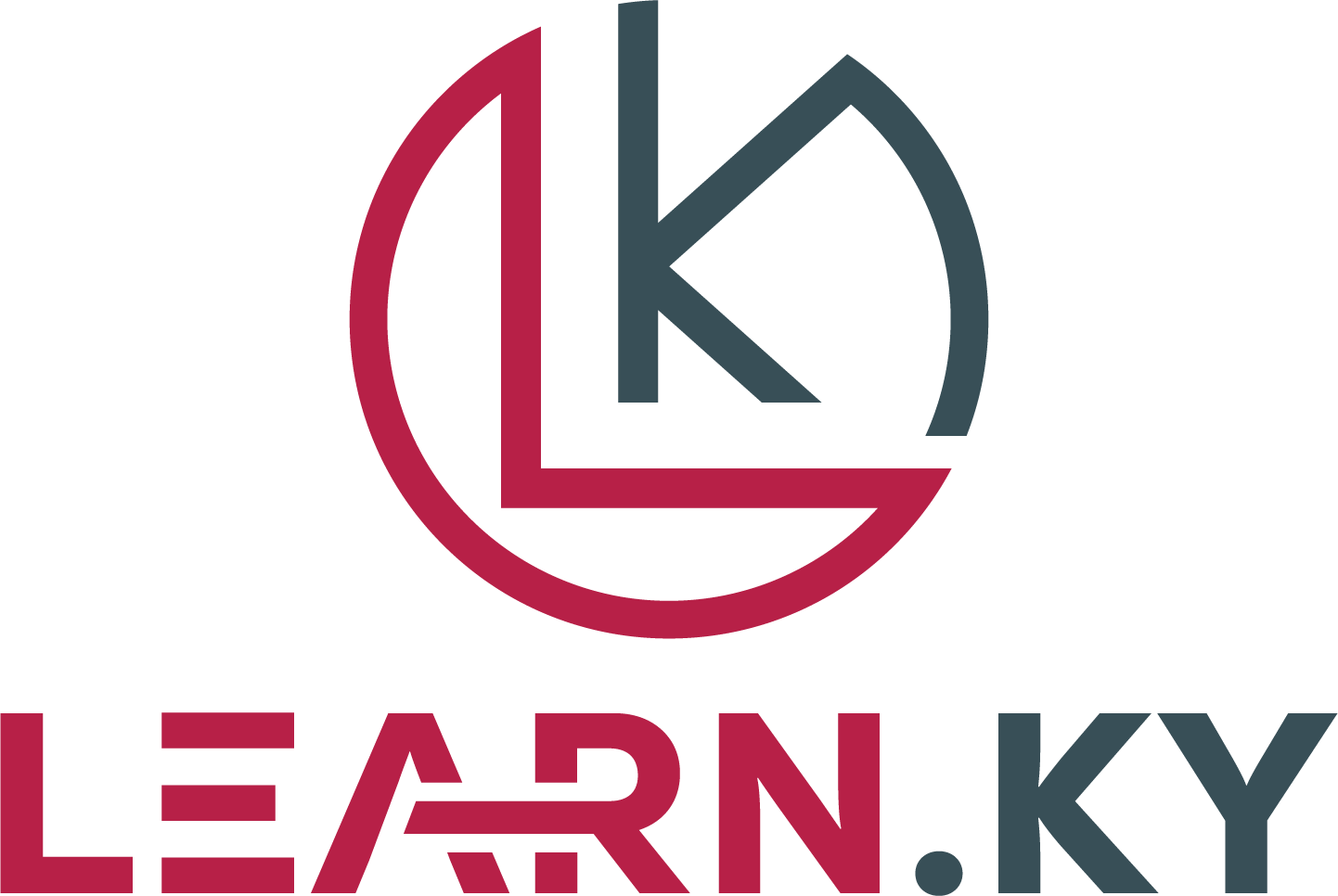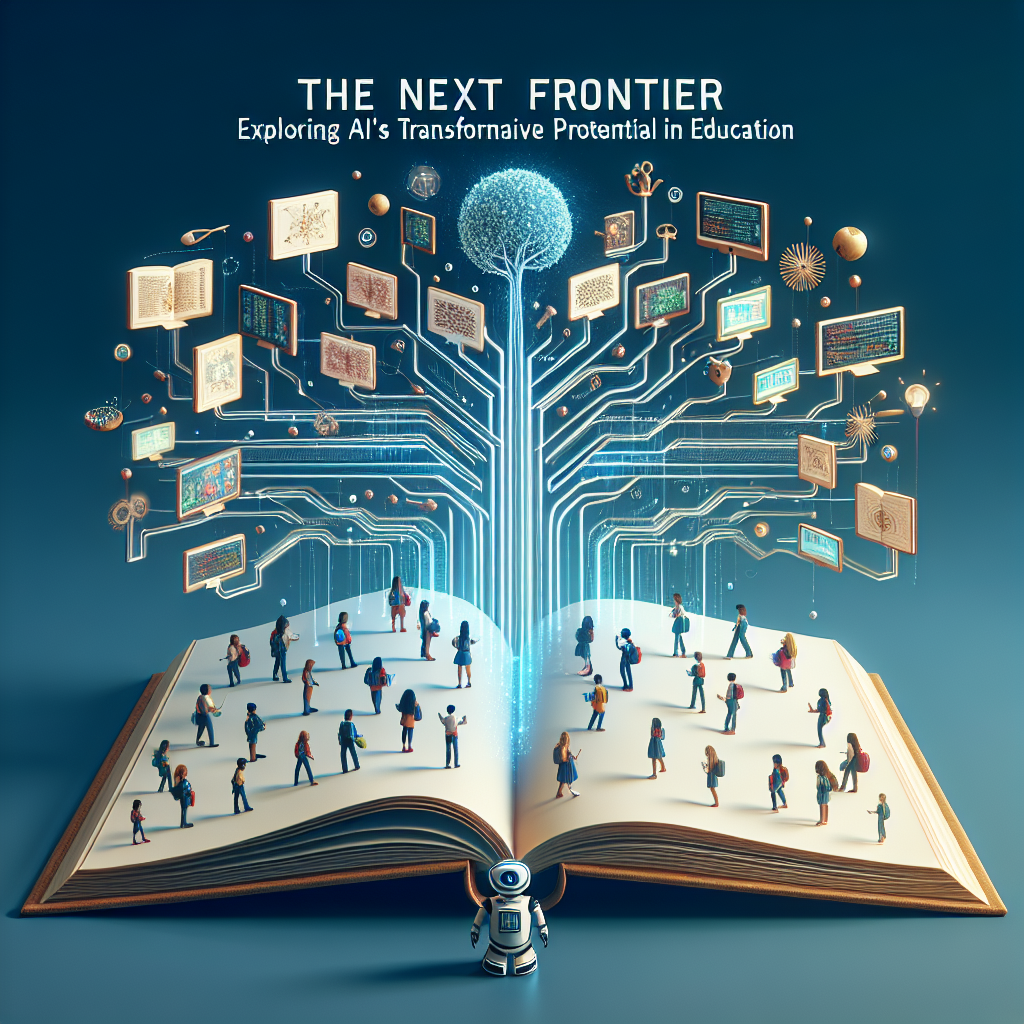In the realm of modern education, Artificial Intelligence (AI) is poised to be the next frontier that could revolutionize the way we teach and learn. With its transformative potential, AI promises to personalize learning experiences, streamline administrative tasks, and enhance educational outcomes. As we embark on this exciting journey, it is crucial to understand the implications and possibilities that AI brings to the education sector.
Personalized Learning:
One of the most powerful applications of AI in education is its ability to tailor learning experiences to the individual needs and preferences of each student. By analyzing vast amounts of data, AI algorithms can create personalized learning paths, recommending content, exercises, and activities that are most suitable for each student. This customization not only enhances student engagement but also accelerates learning outcomes by addressing areas of weakness and building on strengths.
For example, adaptive learning platforms like Knewton use AI to adjust the difficulty level of questions in real-time based on student responses, ensuring that each student is appropriately challenged. Such personalized learning models have been shown to improve student achievement and retention rates significantly, making education more effective and accessible for all learners.
Administrative Efficiency:
In addition to transforming the classroom experience, AI can streamline administrative processes in schools and universities, saving time and resources for educators and administrators. AI-powered systems can automate tasks such as grading, scheduling, and enrollment management, reducing the burden on teachers and staff and allowing them to focus on more strategic and meaningful work.
For instance, chatbots equipped with natural language processing algorithms can handle student inquiries, provide information on courses, and assist with registration, freeing up valuable time for human staff to engage in higher-order activities. By leveraging AI in administrative functions, educational institutions can improve operational efficiency, reduce costs, and enhance the overall student experience.
Ethical Considerations:
Despite its potential benefits, the integration of AI in education raises important ethical considerations that must be addressed to ensure responsible and equitable implementation. Issues such as data privacy, algorithmic bias, and transparency in decision-making are critical in the development and deployment of AI systems in educational settings.
Educators and policymakers must navigate these ethical challenges carefully, taking into account principles of fairness, accountability, and transparency. It is essential to establish clear guidelines and safeguards to protect student data, mitigate bias in AI algorithms, and ensure that the use of AI in education is ethical and inclusive.
Conclusion:
As we explore AI’s transformative potential in education, it is clear that the benefits are vast and potentially game-changing. From personalized learning experiences to administrative efficiency, AI has the power to reshape the education landscape for the better. However, it is vital to approach this technology with caution, considering its ethical implications and ensuring that it serves the best interests of all students.
By harnessing the power of AI responsibly and ethically, we can unlock new possibilities for teaching and learning, creating a more engaging, effective, and inclusive education system for the future. As we continue to navigate the next frontier of AI in education, let us strive to harness its potential for the betterment of all learners.










